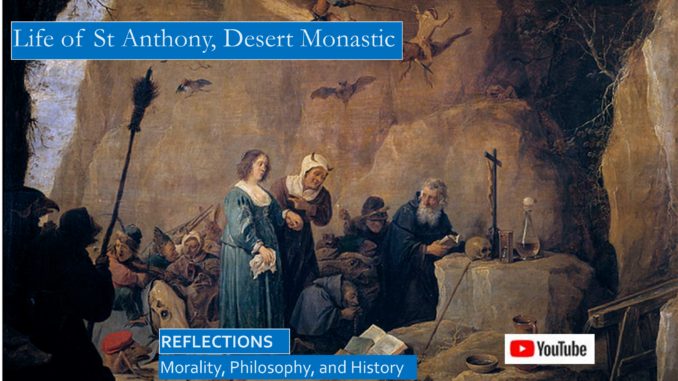
The twenty years St Anthony spent praying to the Lord were not wasted years, for St Anthony accomplished far more in the succeeding years, as he was strong in Lord, that he would had he labored in the world all those years he spent in prayer. A long section is devoted to his address to the monks, “exhorting them (and us!) to persevere” in living a godly life, “encouraging them (and us!) to withstand the wiles of Satan.” We encourage you to read this work for yourself, we will provide some notable quotes from his address, which resemble the sayings of the desert Church Fathers who follow him:
“The Scriptures are good for instruction, but it is also good to encourage one another in the faith.”
St Anthony Blog 1 http://www.seekingvirtueandwisdom.com/life-of-st-anthony-blog-1-sell-all-you-have-and-give-to-the-poor/
Why shouldn’t we give up our earthly treasures “for virtue’s sake, so we may inherit a kingdom” of eternal life? Why not rather gather treasures that can never be taken away from us, heavenly treasures like “prudence, justice, temperance, courage, understanding, love, kindness to the poor, faith in Christ, freedom from wrath, and hospitality?”
“Let us hold fast our discipline, let us not be careless.” “If we live as though dying daily, we shall not sin.”
“Let us strive that wrath will not rule us, and that lust will not overcome us.”
“If demons notice Christians, and monks especially, laboring cheerfully and advancing” in faith, they will tempt us and hinder us and plant evil thoughts in us. But we need not fear the demons’ attacks, “for by prayer, fasting, and faith in the Lord the attacks of the demons immediately fail.”
St Anthony compares those who follow evil spirits to those who follow Christ. Those who follow the evil spirits show “tumult and confusion of thought, defection, hatred towards them who live a life of discipline, indifference, grief, fear of death, and disregard virtue.” But those who follow Christ have “joy unspeakable, cheerfulness, courage, renewed strength, calmness of thought, and boldness and love toward God.”
There are many other sayings of St Anthony that you should read, and some stories of St Anthony’s life in the desert. One tells us that St Anthony said to some brothers that it was revealed to him in prayer that there were two brethren travelling to meet him, that one had died due to lack of water, and the other would die also if they did not bring a pitcher of water out to him. “But if anyone asks, why he did not speak before the other died, the question ought not to be asked. For the punishment of death was not Anthony’s but God’s, who judged the one and revealed the condition of the other.”
How often do we judge the actions of God, how he permits the suffering of this person or that, why God permits hurricanes and earthquakes and storms in our lives? Maybe we are questions we should not ask, but instead pray for strength and endurance.
There was a young man who wandered nearby who was possessed by a violent demon whom St Anthony pitied, and he kept watch over him during the night. At dawn the young man attacked St Anthony, and his followers were upset with him. But St Anthony said, “Do not be angry with the young man, for it is not he who attacked me, but the demon which is in him.” How often do we reason thus when we are attacked by someone in our lives, when someone abuses us? Do we blame him, or do we blame the demon in his soul, a demon who found his way in when they were mistreated or abused by someone else many years ago, the demon which is the painful past he can never forget?
One St Anthony was question by visiting Greek philosophers, and he compared the Church to the pagan gods. “Which is more beautiful, to confess the Cross or to attribute to those whom you call gods adultery and the seduction of boys? For us the Cross is a sign of courage and a contempt for death, while paganism celebrates the passions of licentiousness.” This is clear evidence that the early church condemned pederasty.
St Anthony also asks the philosophers, “how do you dare mock us, who say that Christ has appeared to us as a man, seeing that you, bringing the soul from heaven, claim that it has strayed and fallen from the vault of the sky into the body?” Then as now, many who mock Christian beliefs are really mocking Christian morals and accountability, for they prefer to believe any wacky gnostic story, preferring an empty spirituality that does not demand morality.
Emperor Constantine and his sons sometimes wrote letters to St Anthony for advice, which he was not inclined to answer out of humility. But his monks urged him that since the Emperor was a Christian he should answer him. So St Anthony gave them counsel on salvation, to think more of the heavenly kingdom rather than their earthly kingdom, and that they should “be merciful and give heed to justice and the poor.”
St Anthony touched the hearts of all who came out to the desert to meet him. “Who in grief met Anthony and did not return rejoicing? Who came in anger and was not converted to friendship? What monk, becoming neglectful, came to him and did not return stronger? What young man having met Anthony did not immediately deny himself pleasure and love temperance? Who came troubled with doubts and did not gain composure and quietness of mind?”[1]
[1] St Athanasius of Alexandria, “The Life of St Anthony of Egypt,” translated by Philip Schaff and Henry Wace (Middleton, DE: First Rate Publishers, 2016).

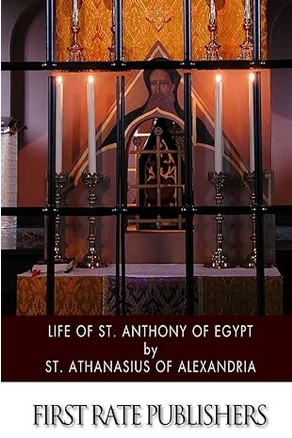
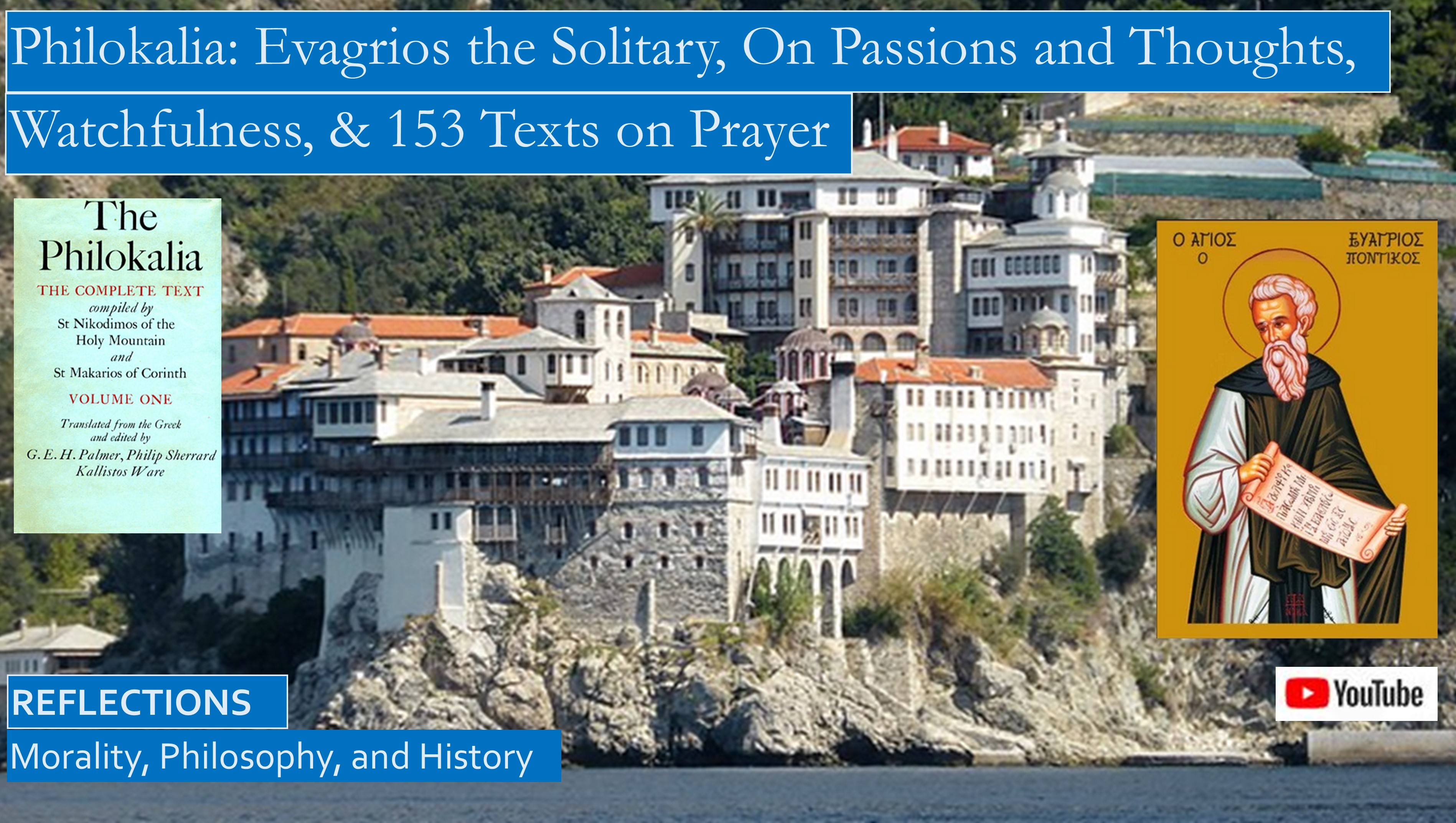
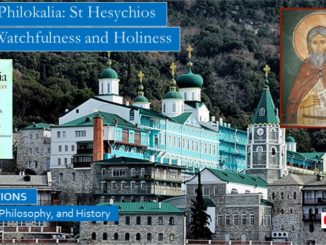
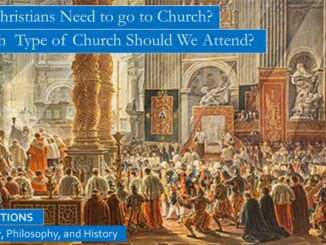
2 Trackbacks / Pingbacks